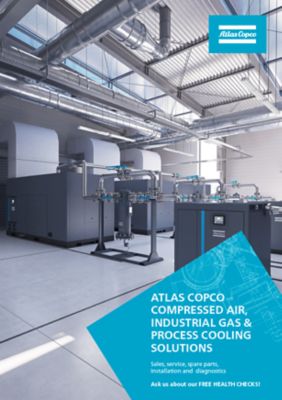Elevating wine production with advanced Process Filtration
In the challenging world of wine production keeping high standards of quality while maintaining efficiency is of great importance. Among the various stages of production, process filtration is a crucial step in maintaining the purity and taste of the wine.
By implementing the correct filtration solutions, wineries can significantly enhance their production efficiency, reduce downtime, and lower operational costs. But choosing the correct solution for your needs is also challenging. Wine producers often find themselves lost in the variety of products that are offered and they need guidance in order to select the best solution for their business.
The problem
A winery in Italy faced frequent changes of the final filter before the bottling stage due to the filter not withstanding a high enough number of sterilization and integrity test cycles. This were causing high downtime, loss of productivity and high consumables costs.
They started looking for alternative elements with improved wettability and chemical cleaning resistance in order to meet the highest number of filled bottles before the change out.
Additionally, they wanted to reduce cleaning water waste footprint and the cold stabilization step was an area that was causing concern within their production plant and one that could be improved.
The solution
With the experience Atlas Copco has within this type of application, our expert sales and technical team was able to offer a solution that would met all of the customer’s needs.
The Atlas Copco SME pleated polyethersulphone element has been specifically designed for the wine final filtration step offering a longer lifetime filtration, higher resistance to cleaning step and an improved wettability for an easy integrity test procedure.
Additionally, working closely with the customer, the cleaning step was reviewed and optimized ensuring a longer filter lifetime and reducing the labor and waste disposal costs.
The benefits
- Reduced integrity test failure due to filter element wettability
- Increased productivity with less downtime for filter changes and less labor time
- Improved environmental footprint by reduced filter changes and waste
- Collaboration with a trusted partner with knowledge that would lead to improved processes, reduced costs and improved environmental impact.


